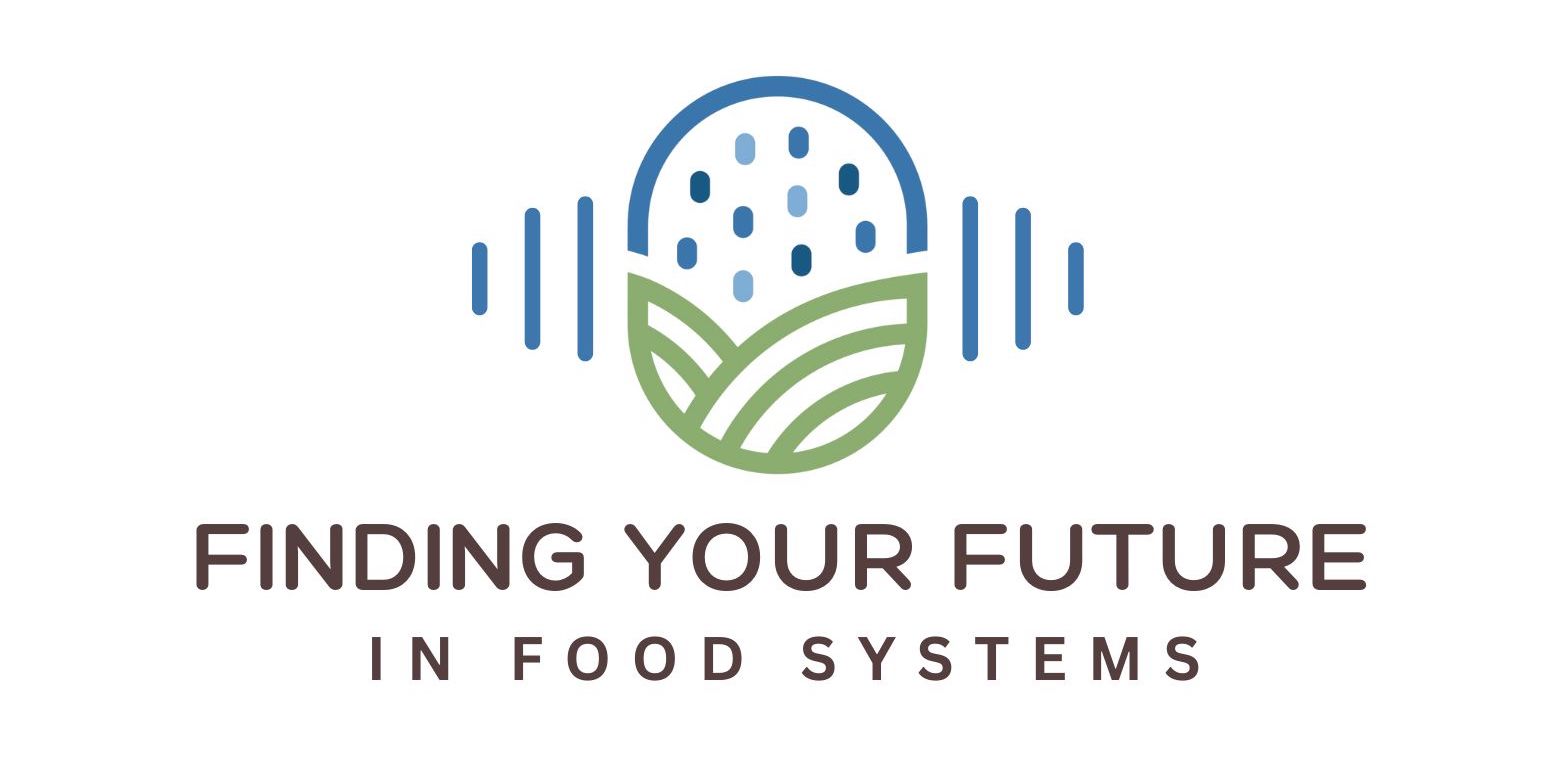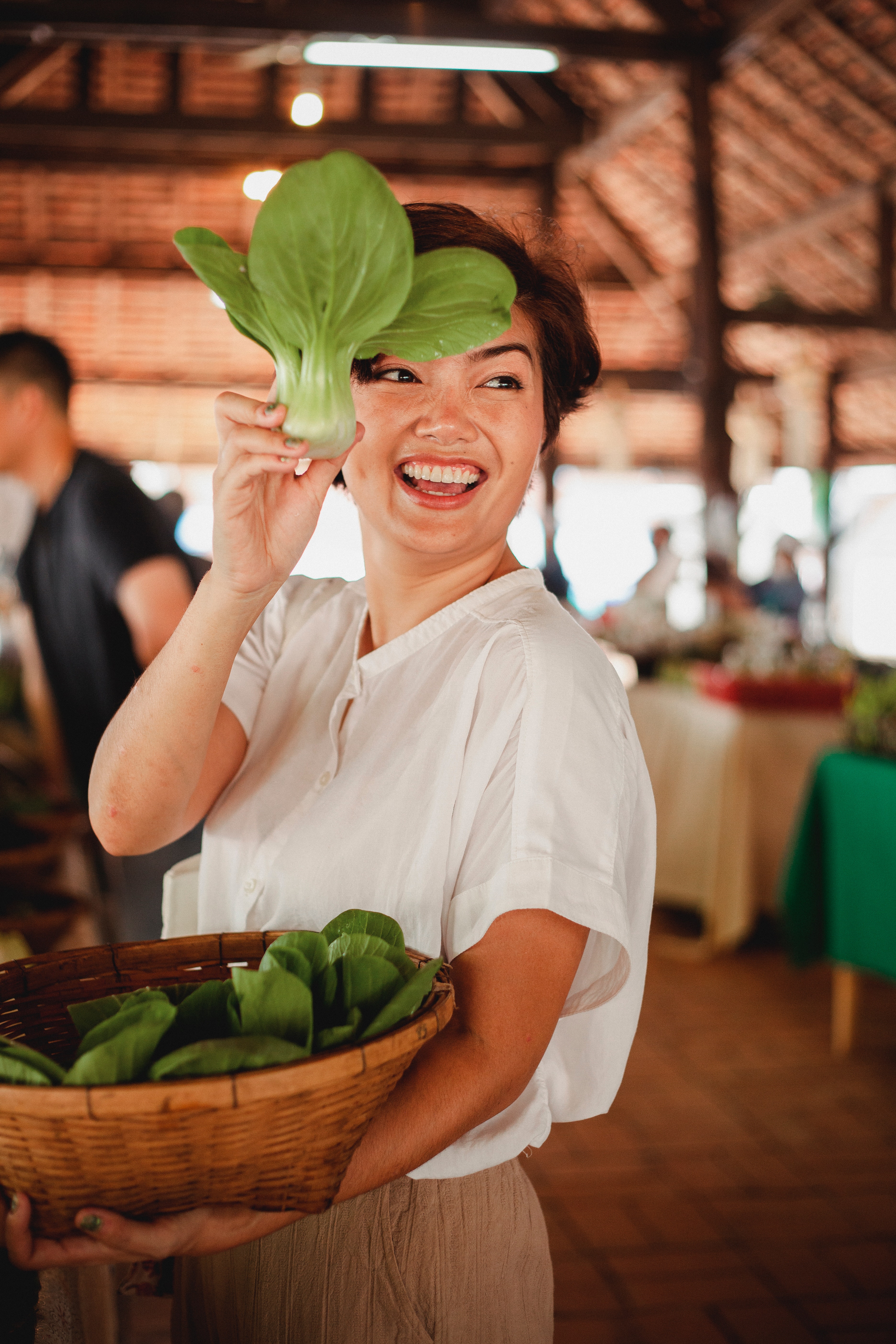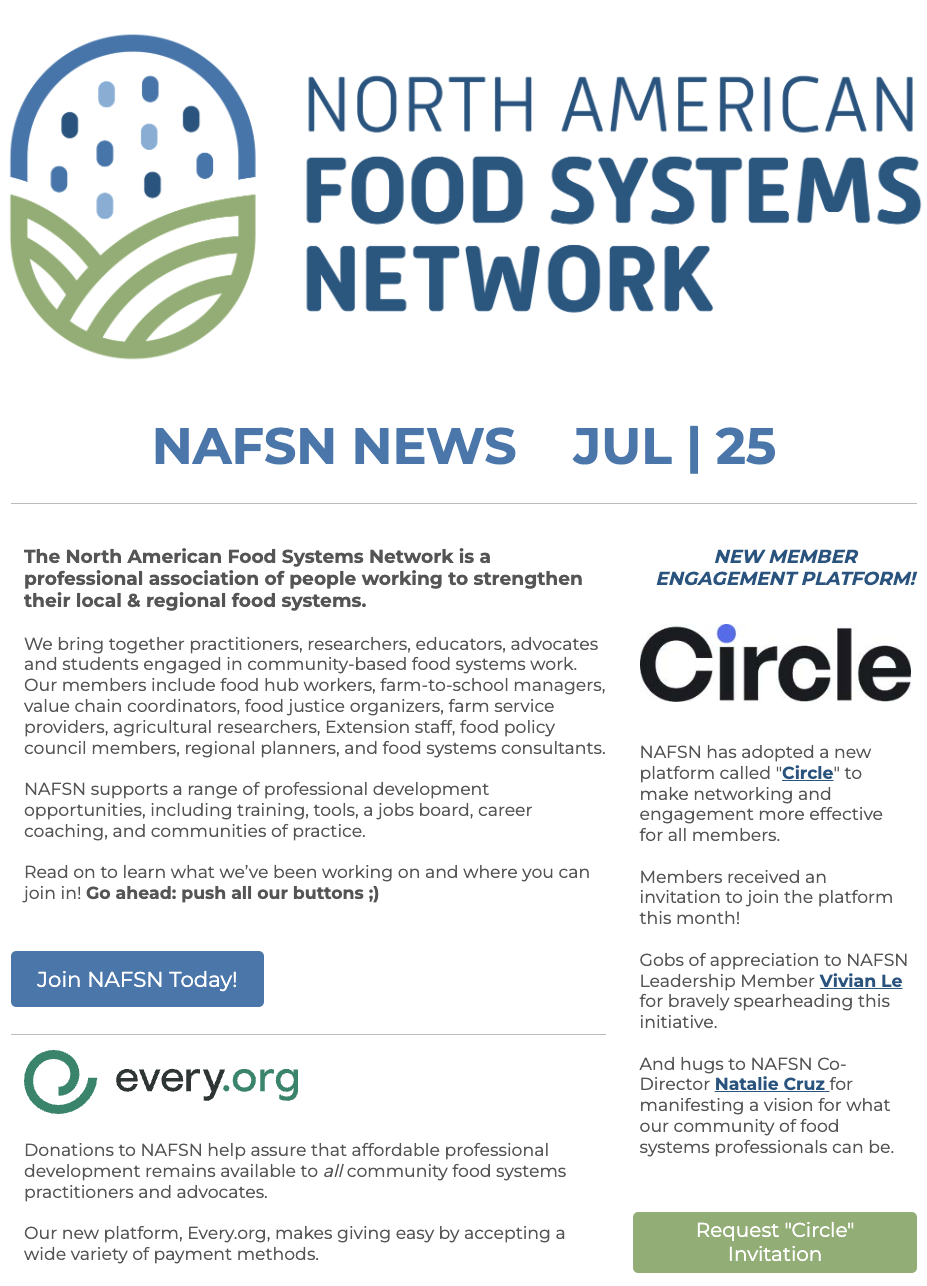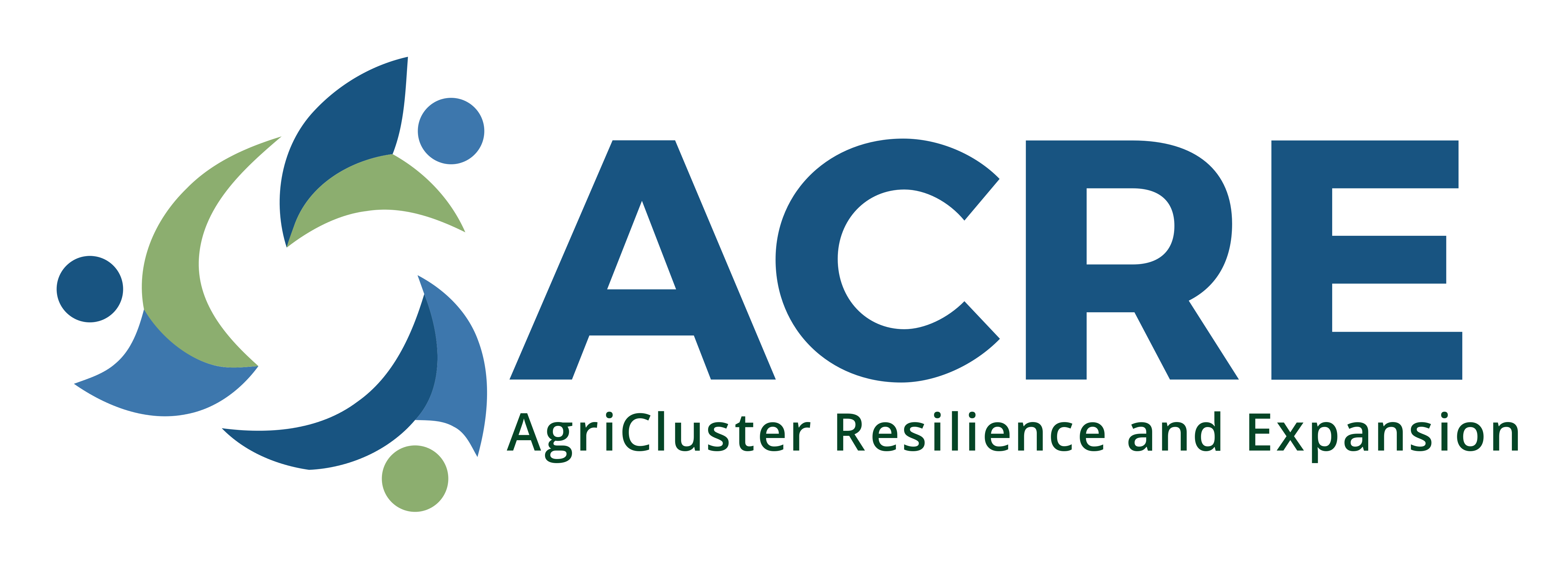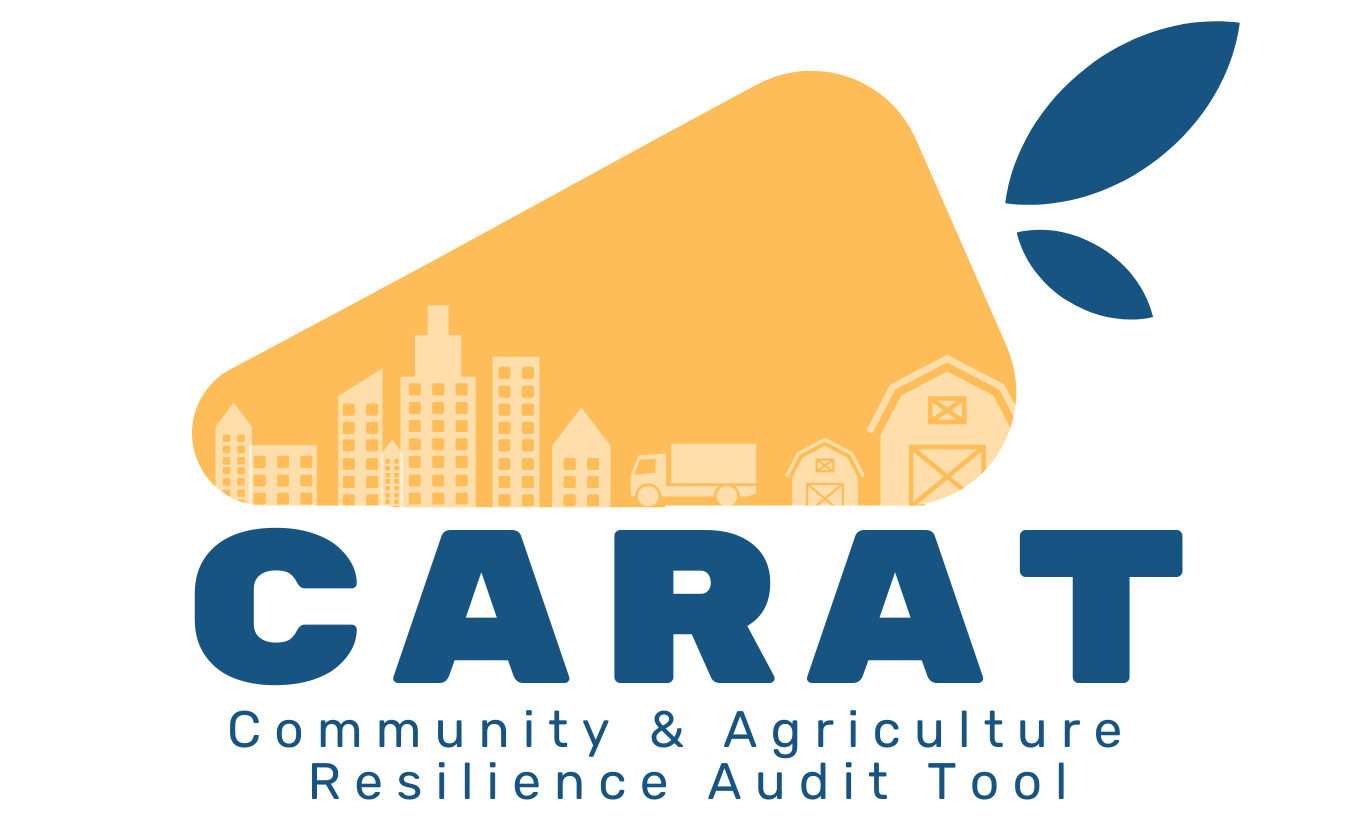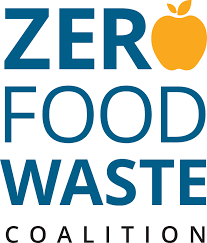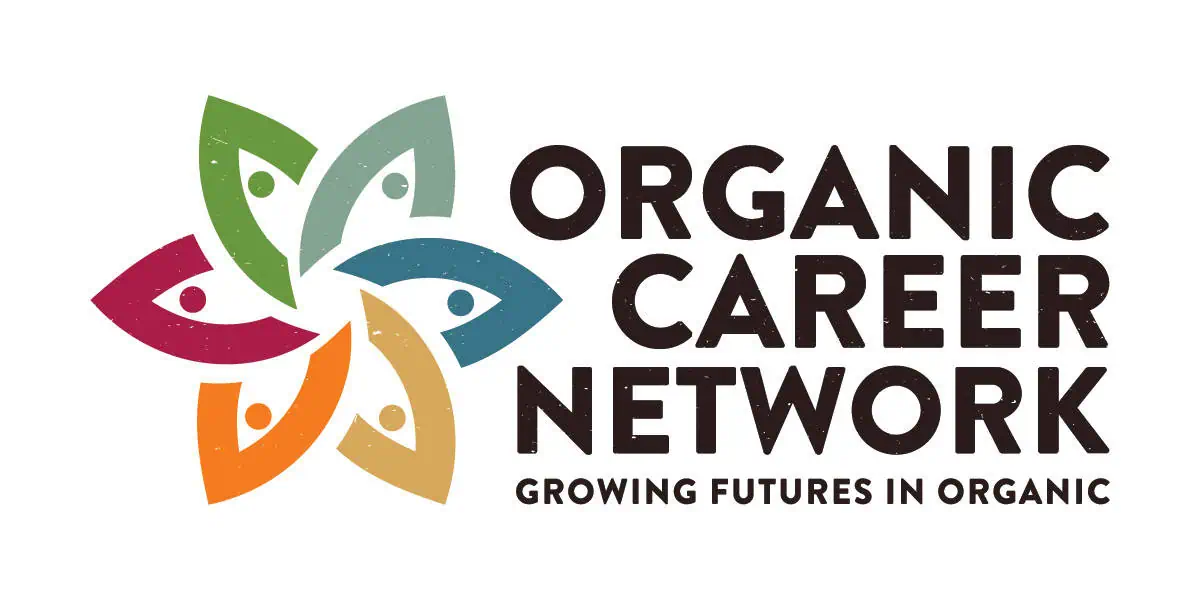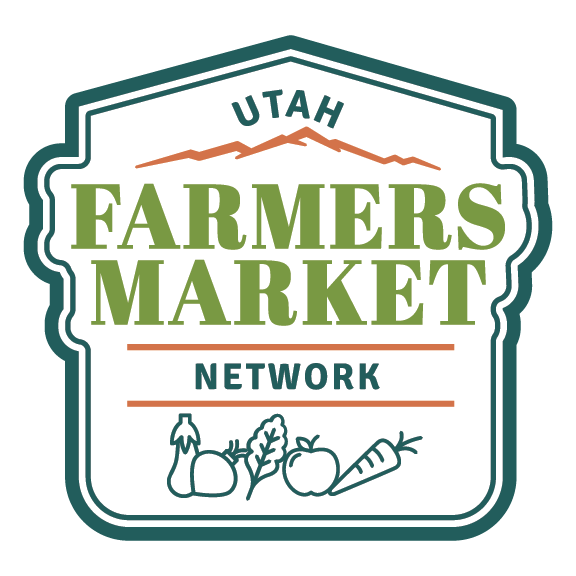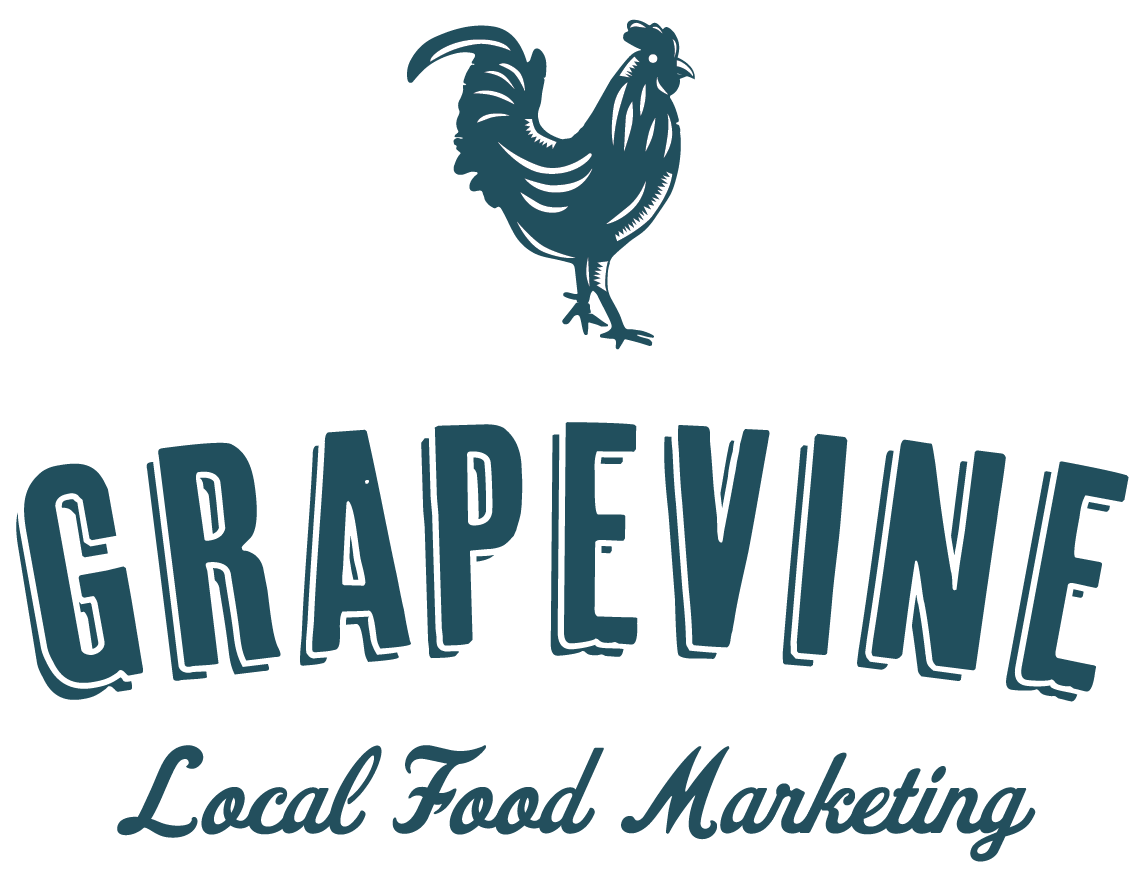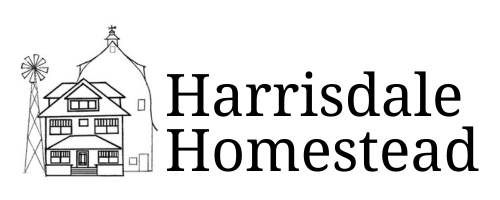The North American Food Systems Network (NAFSN) works at the forefront of the food systems profession itself, providing networking opportunities, resources, career guidance, leadership opportunities, training, webinars, podcasts, and a curated jobs board for people at all levels of this critical-change work.
NAFSN also convenes subject matter experts to develop training and open-access tools specifically for food systems professionals. Our work is grounded in peer-reviewed research published by our sister program, the Journal of Agriculture, Food Systems, and Community Development (JAFSCD).
If you value a diverse and informed workforce at the helm of community food systems development, join today.
Professional Development Collaborators
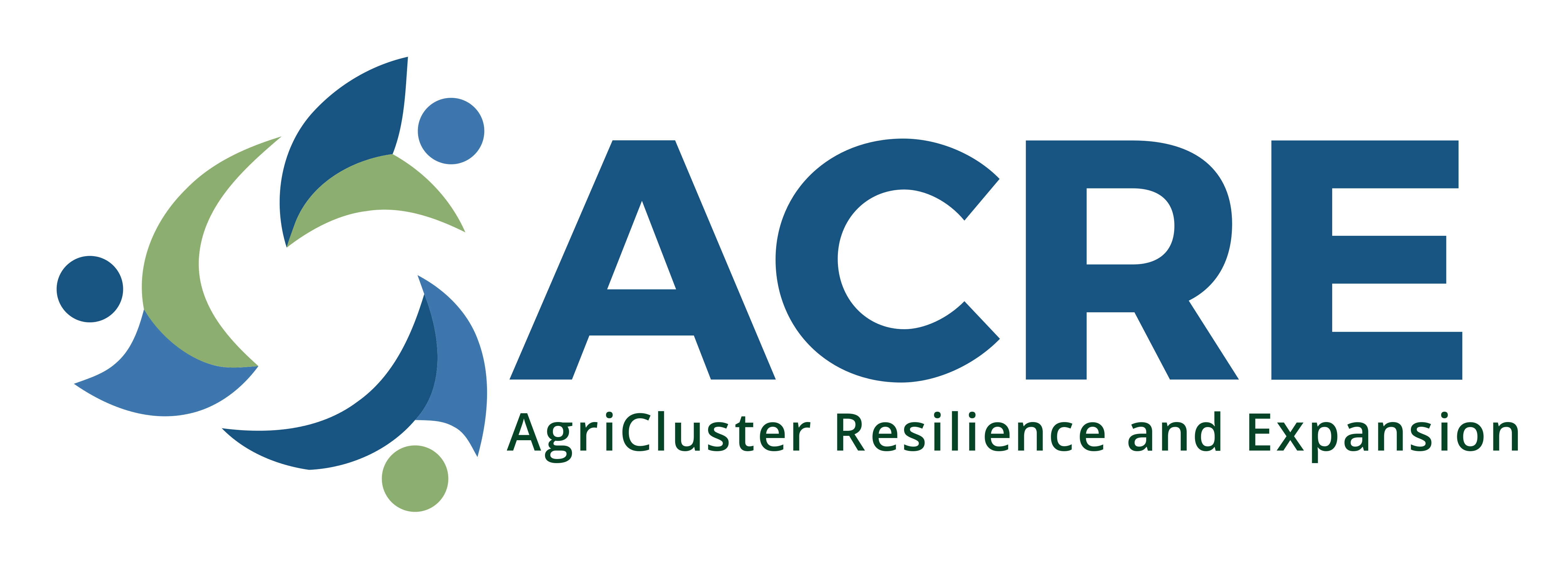
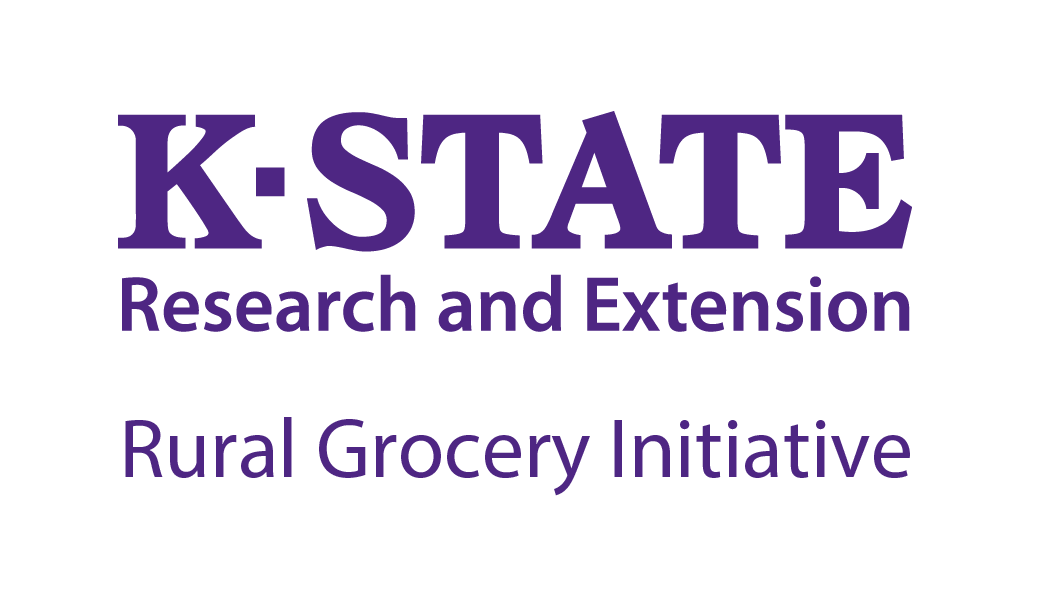
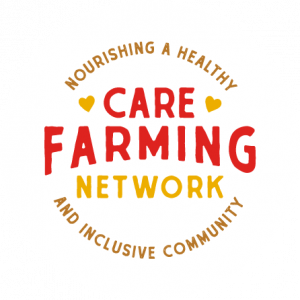
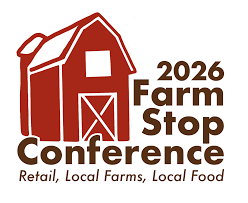


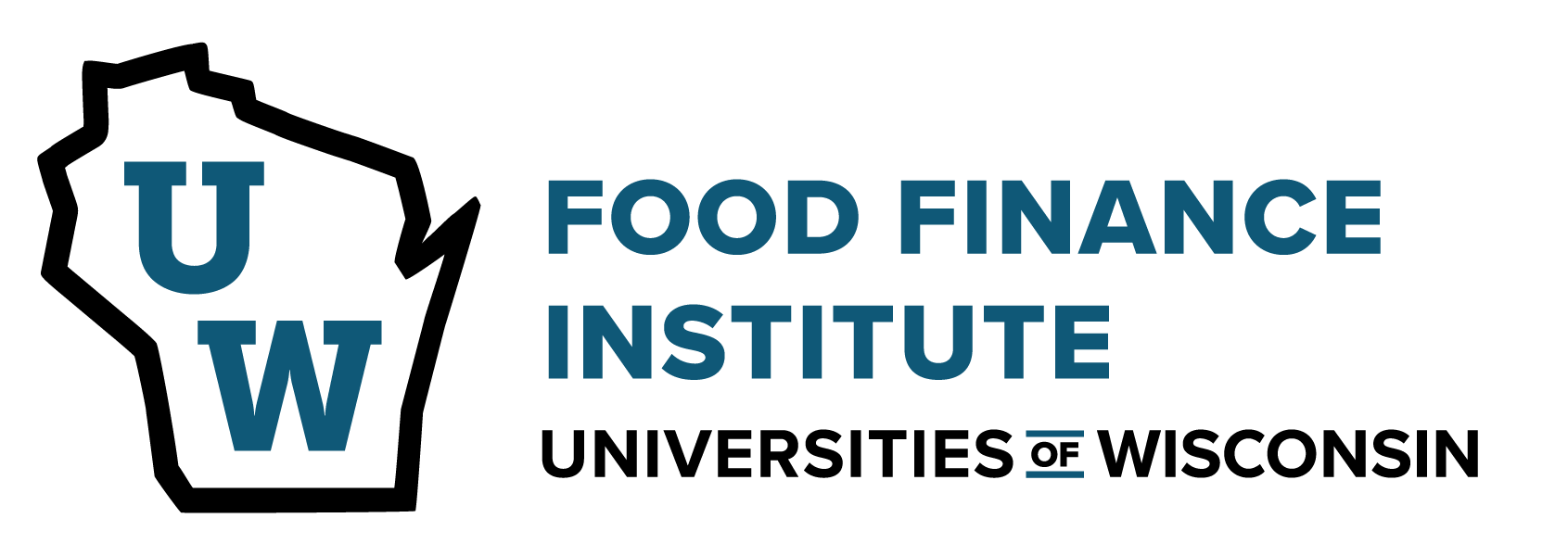





Upcoming Events:
ACRE Information Session
Are you interested in becoming a trained food systems facilitator? Or, are yo...
Finding Your Future in Food Systems, Mar 11 2026
Are you an emerging food systems professional? Are you in career transition...
Micro Course Info Session, "Marketing Farmers Markets"
Looking for a quick, multi-media, professional development course packed with in...
News:
Finding Your Future in Food Systems - Spring 2026
It's our 10th season! Speakers for Spring 2026 have been announced! Sign up toda...
Conference Discounts for Q1 2026
Looking for conference discounts in the new year? We've got three available now....
NAFSN Leadership Self Nominations for 2026
Self nominations to NAFSN's Leadership Circle are being accepted through Nov 15 ...
Take Action:
Protect Local Food Funding
National Sustainable Agriculture Coalition urges advocates to contact their reps
Read about the Threat to BARC
Since its founding in 1910, the Beltsville Ag Research Center has been at the fo...
Demand Strong Farm & Food Policy
The National Sustainable Agriculture Coalition has issued a letter to Congressio...
Support:
Help NAFSN provide inclusive, easy-to-access, professional development opportunities for all involved in community food systems work.
Read our Newsletter:

The NAFSN logo is a modern and graphic depiction of a microphone and rain falling on farm land. Its resemblance to a microphone represents networking, inclusion, and an amplification of diverse voices. The idea of rain represents growth, provision, and replenishment, symbols that work across community food systems and professional development. Its circular shape evokes feelings of community and unity. The mark uses geometric shapes representing mutuality, circularity, and relational activities fostered within place-based food & agricultural economies.
Meet the designer.
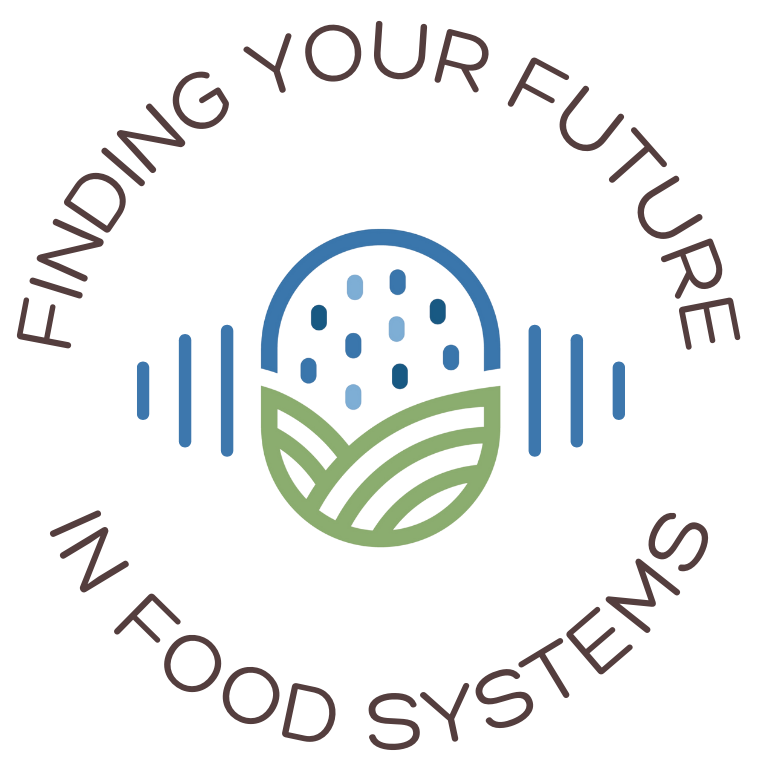
Are you an emerging food systems professional?
Are you in career transition, seeking a job in community food systems work?
Finding Your Future in Food Systems is for you!
Our popular webinar series now has a sister podcast!
Listen to the Finding Your Future in Food Systems Podcast: Europe Edition.
COLLABORATORS FOR 2026:
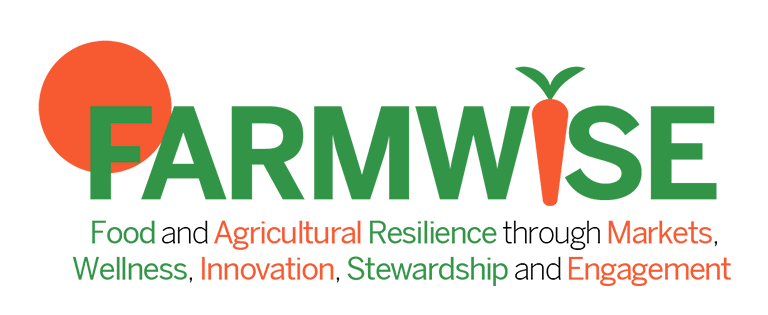
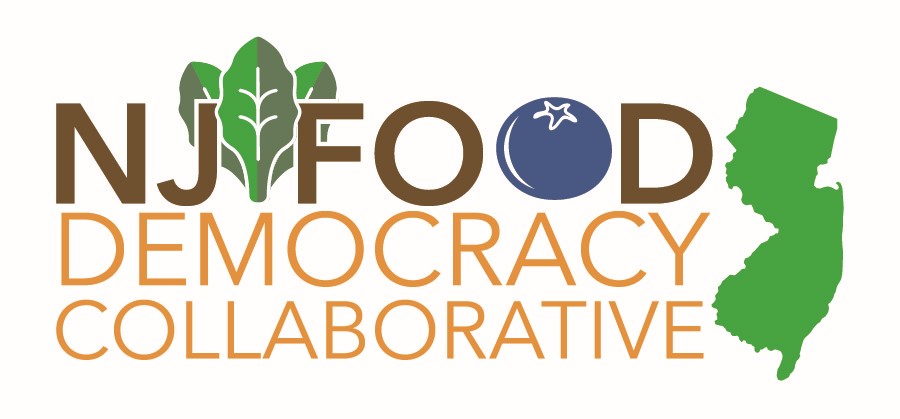


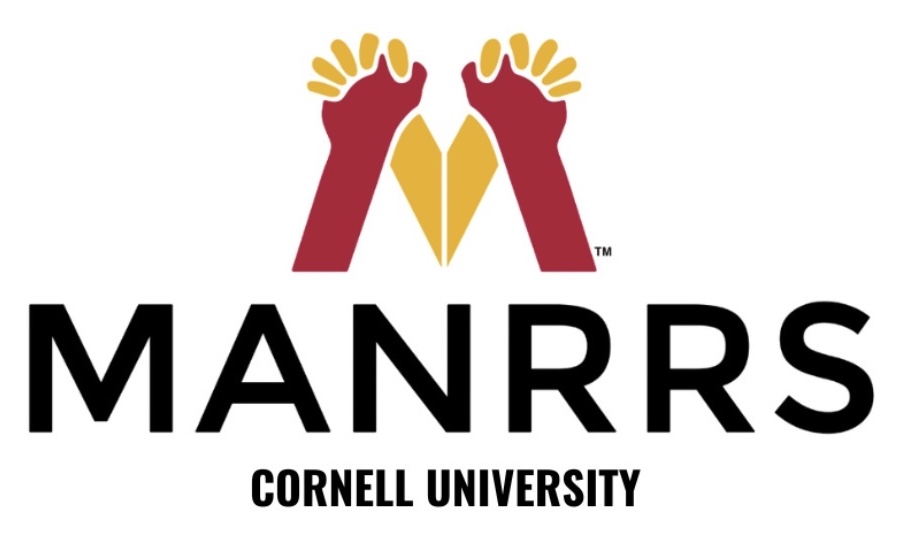


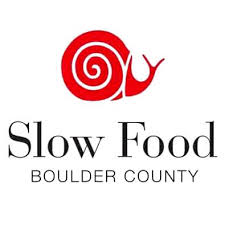
SPONSORS:
